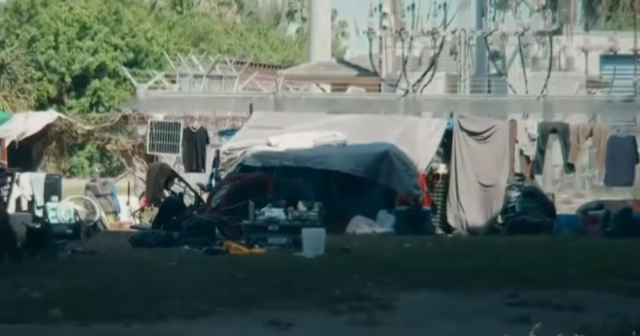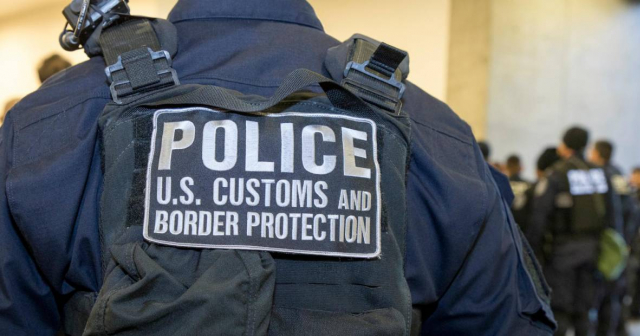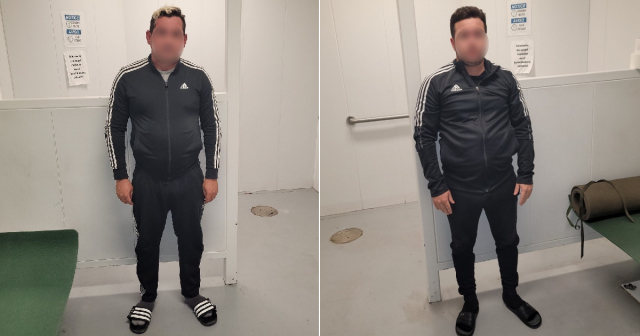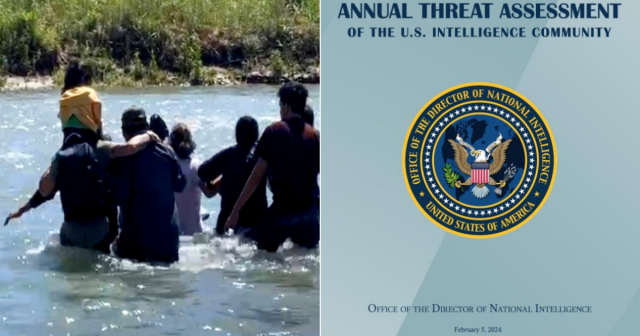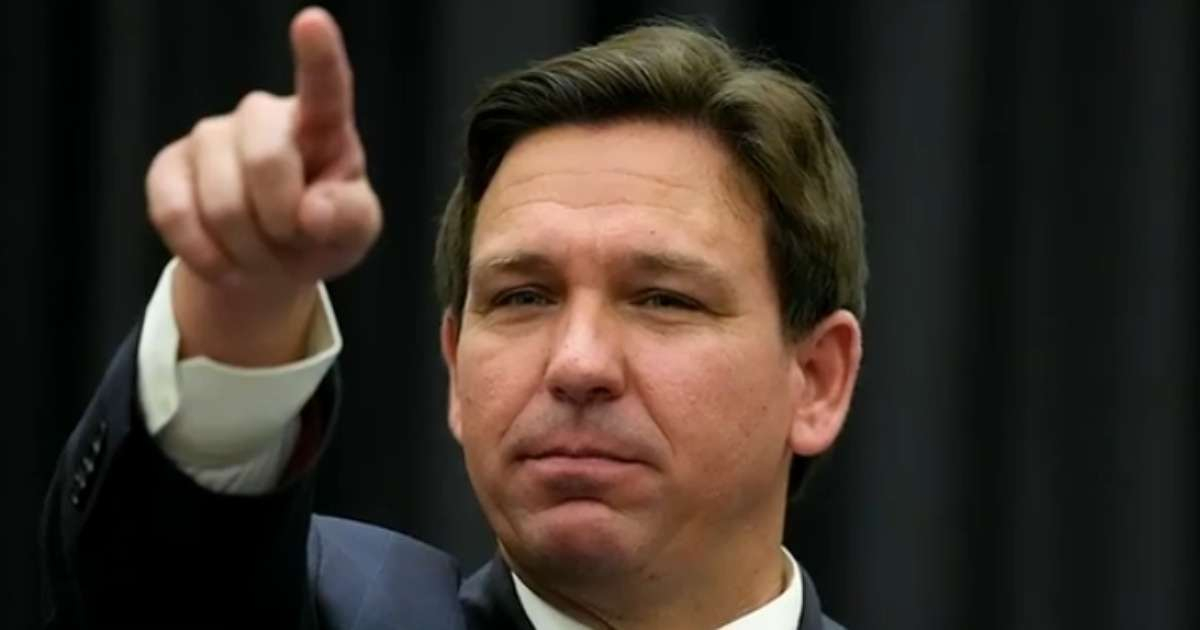
More than 200 laws and regulations passed by the state Legislature and endorsed by the Governor Ron DeSantis They came into effect in Florida starting this Saturday, July 1. The legislative package has put the Florida state, the third most populous in the country, in the focus of national attention and not exactly with encouraging views.
It is a commotion that will impact numerous spheres of the economic, social, educational and family events of Florida, converted into a laboratory of extreme conservatism that could generate disastrous consequences for institutional functioning, the exercise of civic freedoms and public coexistence in the territory.
The laws range from right of citizens to bear arms without having to declare it and the use of public bathrooms only according to the sex of birth to the prohibition on the purchase of properties in “frozen zones” of the state for citizens of certain countries, with an unnecessary limitation for Cuba that will actually end up affecting Cubans residing in third countries. countries, because for 62 years the embargo has prevented financial transactions for those living on the island.
But the main piece of controversy is the call Florida Immigration Law (SB1718), the most severe proposal in restrictions and sanctions against undocumented immigrants that has been imposed in the American nation in more than two decades.
The list of restrictive clauses is as broad as it is dangerous for the rights and well-being of each individual in the state and – as expected – just hours after its activation, powerful organizations have announced that they will challenge it with a lawsuit in the federal courts. due to its unconstitutional nature.
The demand will be led by the Southern Poverty Law Center, American Civil Liberties Union (ACLU), Americans for Immigrant Justice and the American Immigration Council, on behalf of the Florida Farm Workers Association.
Meanwhile, hundreds of people are in the streets this weekend in Tallahassee, Orlando, Tampa, Fort Lauderdale, Jacksonville and Miami to protest the legislation.
Stampede underway
Who does this legislation affect? Is it just a primer for persecution against undocumented immigrants or does it have consequences for other citizens legally established in the state? Does it have implications for newly arrived Cubans who choose to live in Florida?
A simple review of the document is enough to realize that this law can affect us all in some way and the consequences will be seen more quickly than we think.
For now, for weeks hundreds of families and agricultural and construction workers have been stampeding from the state for fear of the announced regulations, and the chain of setbacks for economic and productive development in daily events is going to hit equally pockets and common sense.
Businesses with more than 25 employees will be required to comply with the federal E-Verify system, which determines the individuals who can legally work in the United States. Employers who fail to do so face various sanctions, including possible revocation of their employer license.
State and local government entities will be prohibited from doing business with companies that transport "unauthorized aliens" to Florida unless they are being transported to facilitate the person's "detention, removal, or departure from this state or the United States." So airlines, bus companies and independent contractors can continue to transport undocumented immigrants within the state on behalf of the federal government, but they could risk losing a state or local contract.
The mobility of undocumented immigrants by their own means will also be affected, since They will not be able to use licenses issued in other states if they are going to drive in Florida and, if they cannot prove that the permit was obtained with legal status in another state, they will be prohibited from operating vehicles here.
Currently, 19 states and the District of Columbia have regulations that allow driving licenses to be issued to undocumented immigrants, but DeSantis' officials will not recognize them.
Before the first hug
Permanent residents or US citizens who protect, conceal or travel in the same vehicle with an undocumented person, may be charged with a third degree felony and face sentences of between five and 15 years in prison. So, if a family member or acquaintance calls you to tell you that they entered the state through irregular means, by sea or by land, and have not registered with the authorities, then think twice before giving them the first hug.
And, almost nothing: hospitals with patients enrolled in the Medicaid program will have to include a question about immigration status on the entry forms, and make quarterly reports to the Florida Department of Health with details of the number of patients in each category who were treated urgently or who were admitted.
It is estimated that about 770 undocumented immigrants reside in Florida, considered in this category are those people who did not have any type of registration or admission when entering the United States. In the case of Cuban immigrants who arrived through the southern border or landed in the Florida Keys and received a document, be it I-220A, I-220B or parole, they would not be subject to this legislation. But it does count another group of Cubans, ranging between 8,000 or 10,000 people, that they would be in the state without having registered when arriving in the country, and remain in total limbo.
With these compulsive ingredients for the hunt for undocumented immigrants, we will understand the state of panic that the legislation has unleashed in immigrant communities, as well as the prudent restraint that employers and citizens in general are reflecting in the face of a completely unprecedented panorama.
The battle has barely opened the floodgates, but the effect of the mere enactment of the law is being felt in sectors such as agricultural work, construction labor, services in cafes and restaurants, moving businesses and the entire panorama. of operations where the strength of immigrants is decisive.
The lawyer has expressed it clearly Kate Melloy Goettel, legal director of litigation at the American Immigration Council: “Florida's anti-immigrant law perpetuates harmful stereotypes and fosters an environment of fear and hostility. “This misguided legislation not only targets immigrants and their families, but also endangers the fabric of Florida communities as well as the state’s economy.”
Lawsuits and prohibitions
The context of political tensions and legal litigation in which the implementation of the Florida Immigration Law and the rest of the framework of regulations promoted by a state Legislature in which its Cuban-American members have overwhelmingly given their vote to draconian proposals cannot be ignored. , forgetting his own origins.
Florida is also the scene of bitter lawsuits, in the style of the tangled DeSantis vs. Disney case; forced flights of immigrants under questionable legality; absurd bans on books that include works by literary luminaries such as Toni Morrison and Margaret Atwood, and biographies about the baseball star Roberto Clemente, the Cuban singer Celia Cruz and Judge Sonia Sotomayor, and ridiculous anthologies like the expulsion of teacher Hope Carrasquilla from a Tallahassee school for showing his students the famous sculpture of David by Miguel Angel in a Renaissance art class.
In the background of these outbursts and legal ramblings are the DeSantis presidential aspirations, determined to win the support of a swath of voters affiliated with extreme conservatism and who claim to defend freedoms and rights while suppressing the voices of plurality and the legitimate exercise of difference.
The Immigration Law and the other statutes that can already be applied since dawn this Saturday in Florida now face their true test outside the halls of Tallahassee: the pure and simple reality in each community.
We will soon know if they will serve to make the promising Sunshine State function better and favor the lives of its residents, which is the premise of well-being and citizen harmony, or prolong the daily problems that continue to remain in no one's jurisdiction.
What do you think?
SEE COMMENTS (7)Filed in:
opinion article: The statements and opinions expressed in this article are the exclusive responsibility of its author and do not necessarily represent the point of view of CiberCuba.



